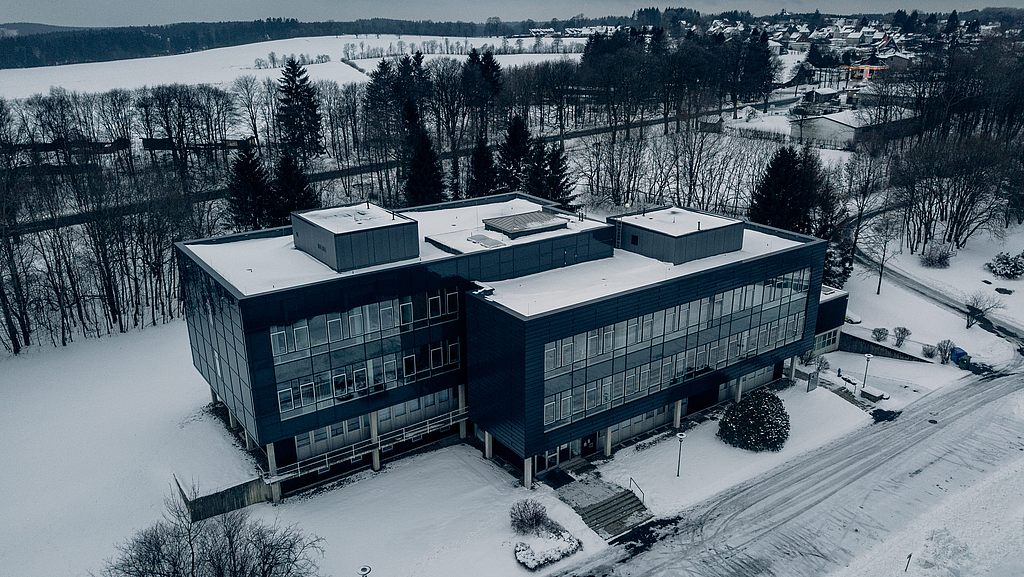The pre-print version of the paper is available from:
Abstract:
One of the many Autonomous Systems (ASs), such as autonomous driving cars, performs various safety-critical functions. Many of these autonomous systems take advantage of Artificial Intelligence (AI) techniques to perceive their environment. But these perceiving components could not be formally verified, since, the accuracy of such AI-based components has a high dependency on the quality of training data. So, Machine learning (ML) based anomaly detection, a technique to identify data that does not belong to the training data could be used as a safety measuring indicator during the development and operational time of such AI-based components. Adversarial learning, a sub-field of machine learning has proven its ability to detect anomalies in images and videos with impressive results on simple data sets. Therefore, in this work, we investigate and provide insight into the performance of such techniques on a highly complex driving scenes dataset called Berkeley DeepDrive.

